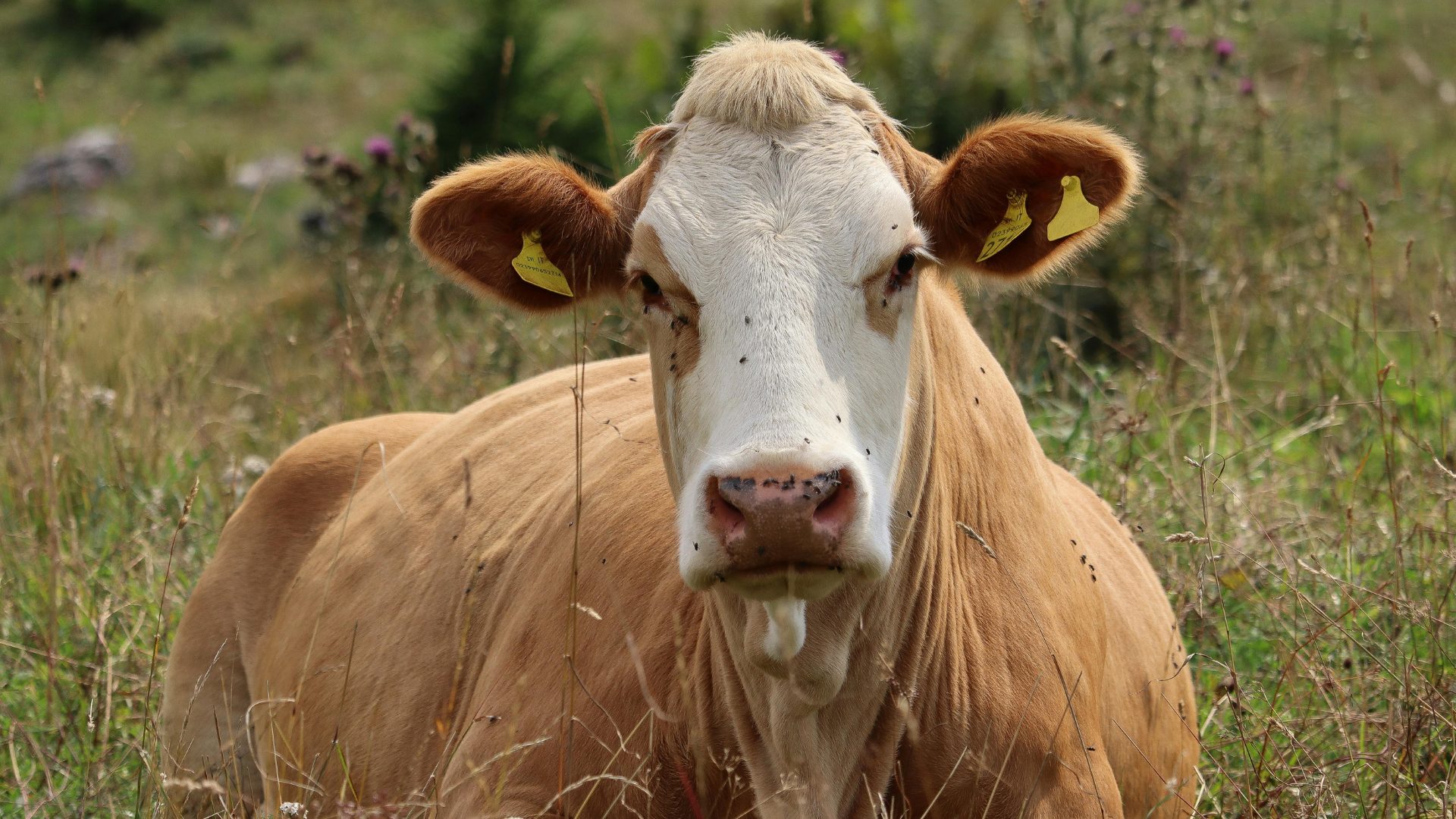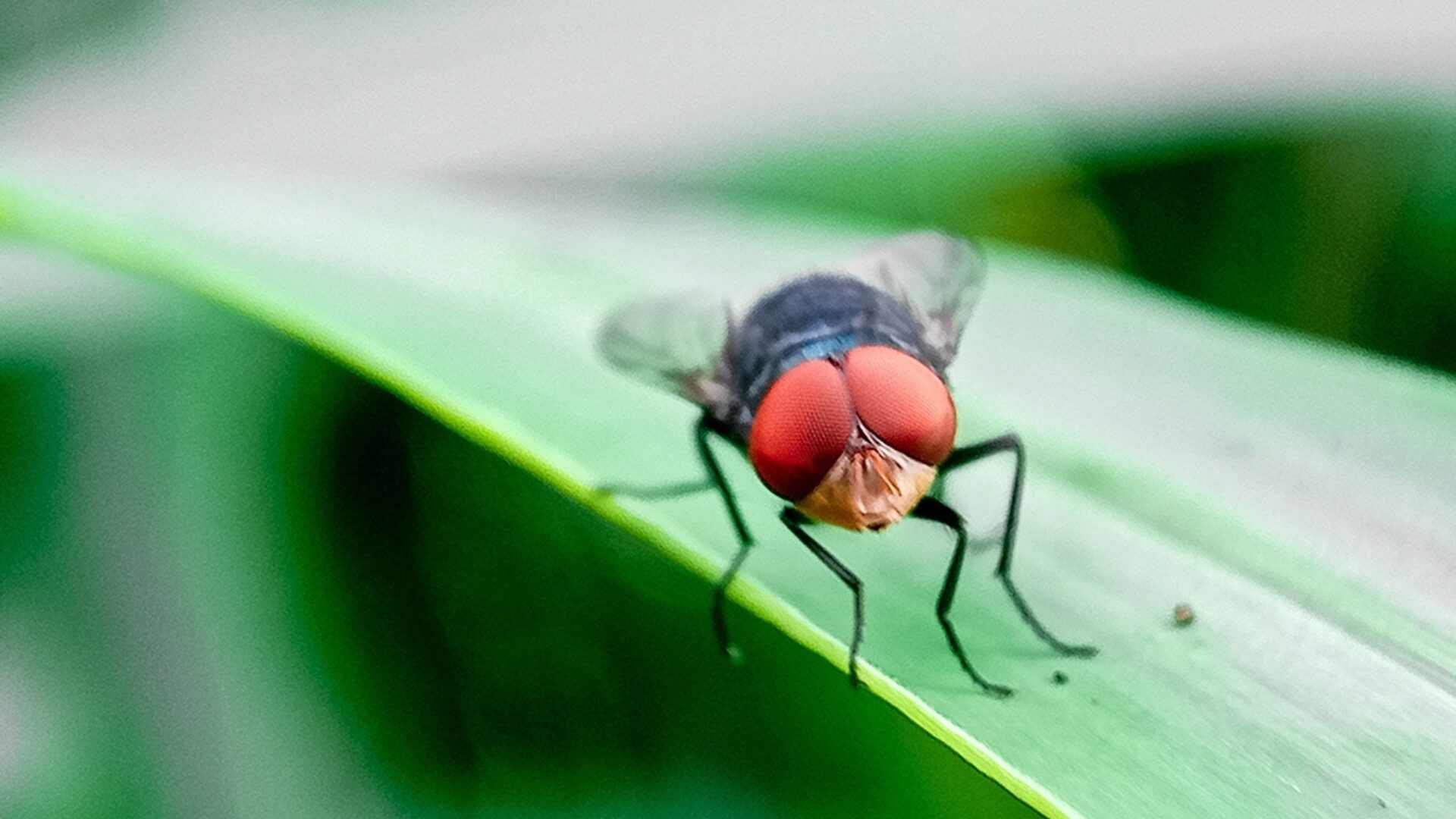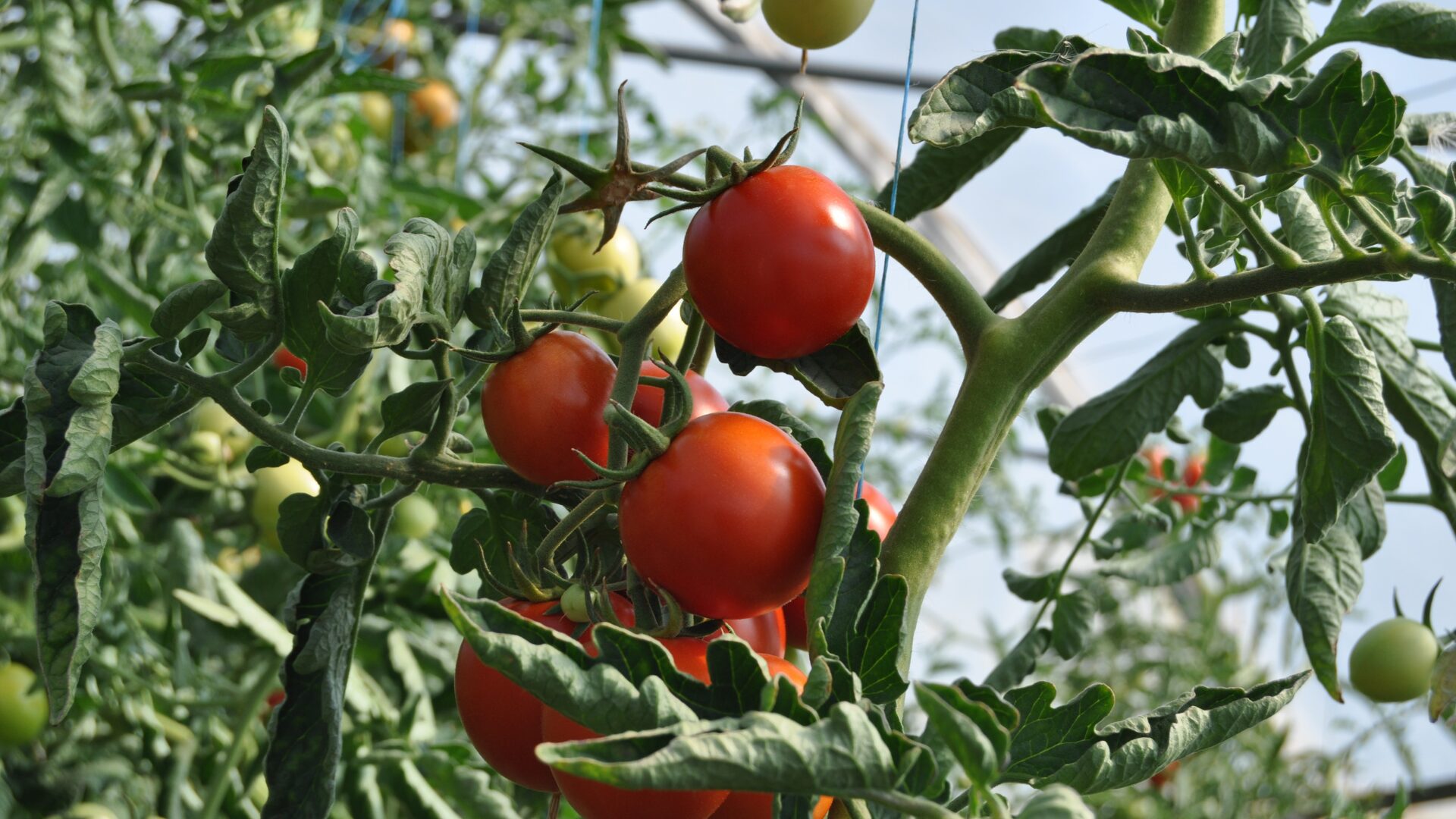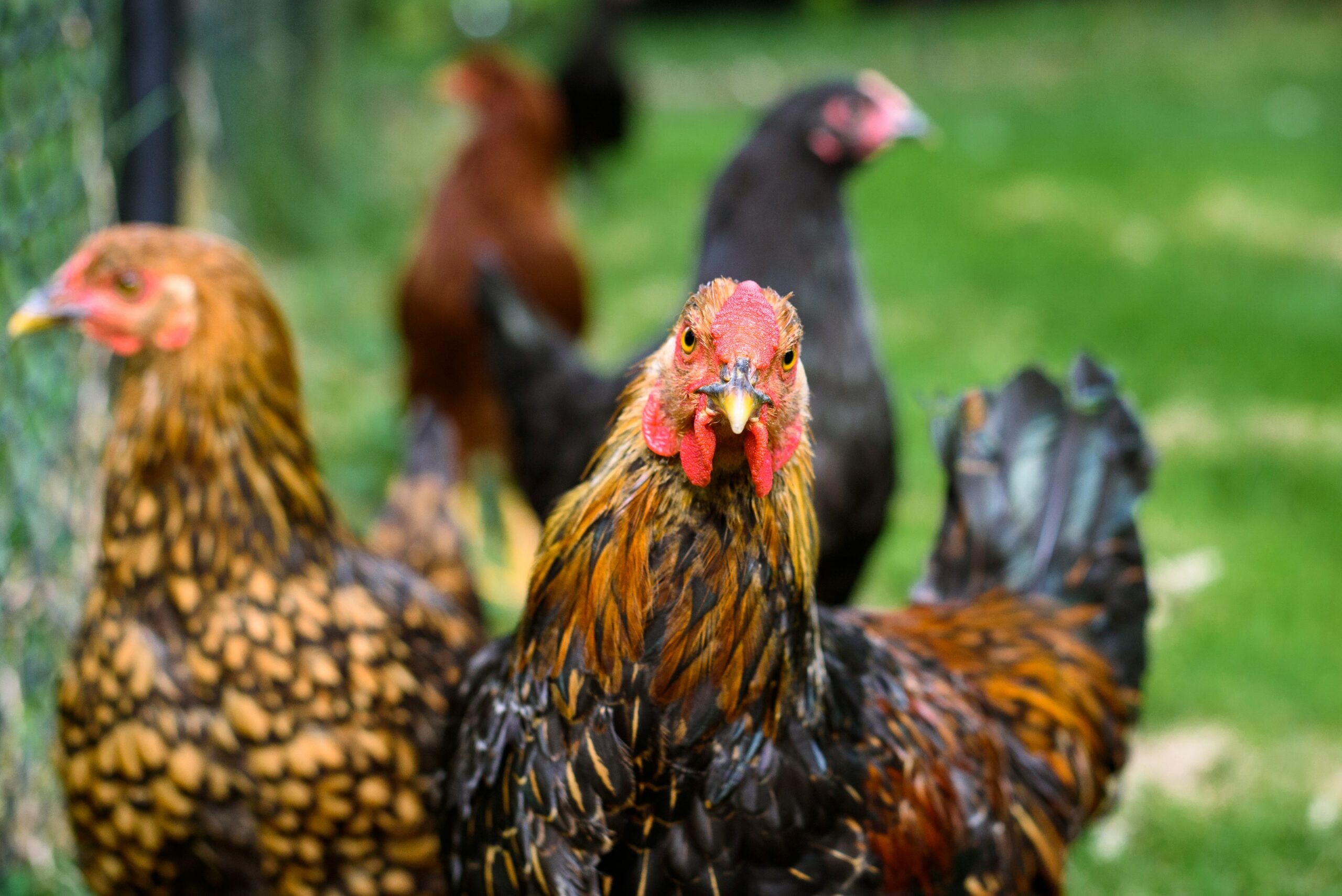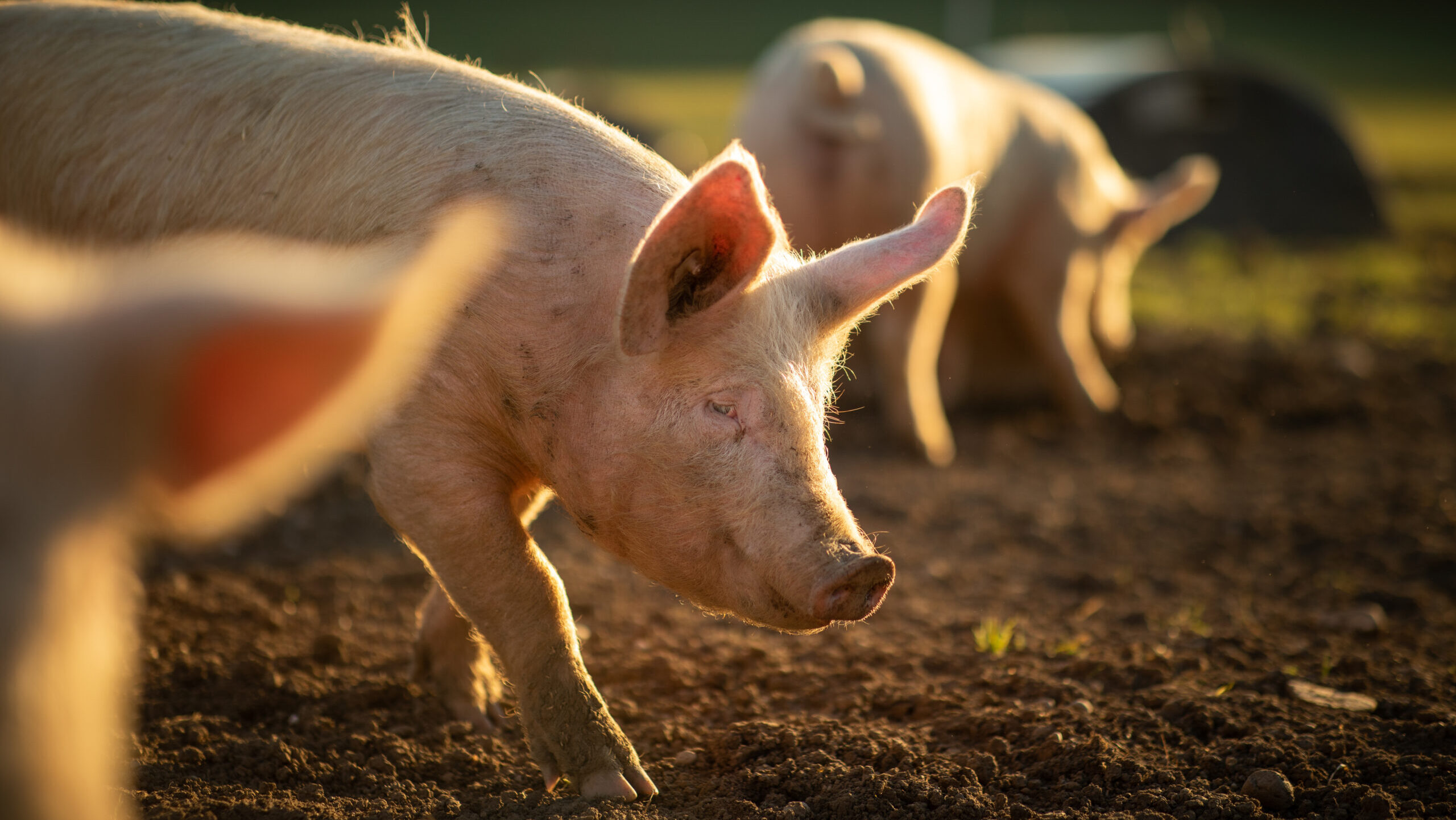President Trump’s administration is advancing plans for a trade deal with Kenya, with some aspects already taking effect.
President Trump met with his Kenyan counterpart, President Uhuru Kenyatta, and issued a press release Feb. 6 showcasing his administration’s intention to negotiate a free trade agreement with the country.
“Kenya is a recognized leader across the continent, an important strategic partner of the United States, and there is enormous potential for us to deepen our economic and commercial ties,” said U.S. Trade Representative Robert Lighthizer.
The press release detailed a number of initiatives developed during the meeting, including plans to provide technical assistance under the African Growth and Opportunity Act; to develop a U.S.-Kenya Small and Medium Enterprise (SME) Roundtable; and begin site visits to Howard University School of Business’ Small Business Development Center to exchange information on U.S. best practices to support the SME sector.
Additionally, USDA announced Feb. 25 that wheat produced in Idaho, Oregon, and Washington were eligible for export to Kenya immediately following 12 years of work from the agency’s Animal and Plant Health Inspection Service (APHIS) with Kenyan counterparts. With the addition of the three states, U.S. wheat could be shipped to Kenya regardless of state of origin or port of export.
“American farmers in the Pacific Northwest now have full access to the Kenyan wheat market,” said Greg Ibach, USDA Under Secretary for Marketing and Regulatory Programs. “This action proves our commitment to securing fair treatment and greater access for U.S. products in the global marketplace.”
Meanwhile, APHIS will collect public comment on the importation of two Kenyan agricultural products into the U.S. Through March 25, the agency will solicit responses from the U.S. industry regarding pest risk assessments and other issues connected to the importation of thyme and chives.
USTR noted the U.S. previously signed Trade and Investment Framework Agreements with the East African Community (EAC) in 2008, and with the Common Market for Eastern and Southern Africa (COMESA) in 2001. Kenya is a member nation in both EAC and COMESA.
Kenya ranked 98 for largest goods trading partner with $1 billion in total goods traded during 2018, according to USTR. Total goods exports reached $365 million during the year, with imports totaling $644 million. Total U.S. exports of agricultural products to Kenya during the year totaled $37 million, including: coarse grains like corn ($10 million); wheat ($6 million); pulses ($5 million); vegetable oils like soybean oil ($3 million); and planting seeds ($3 million).
A pact could dilute the influence of Beijing in the region, according to the Council on Foreign Relations (CFS). CFS noted that while U.S.-Africa trade fell since 2008, China’s trade with the continent soared. Additionally, China’s Belt and Road Initiative is investing in Africa, Asia, and Europe. A deepened trade relationship with Kenya could help protect U.S. interests and provide leverage in ongoing negotiations with China regarding a trade deal with that country.


